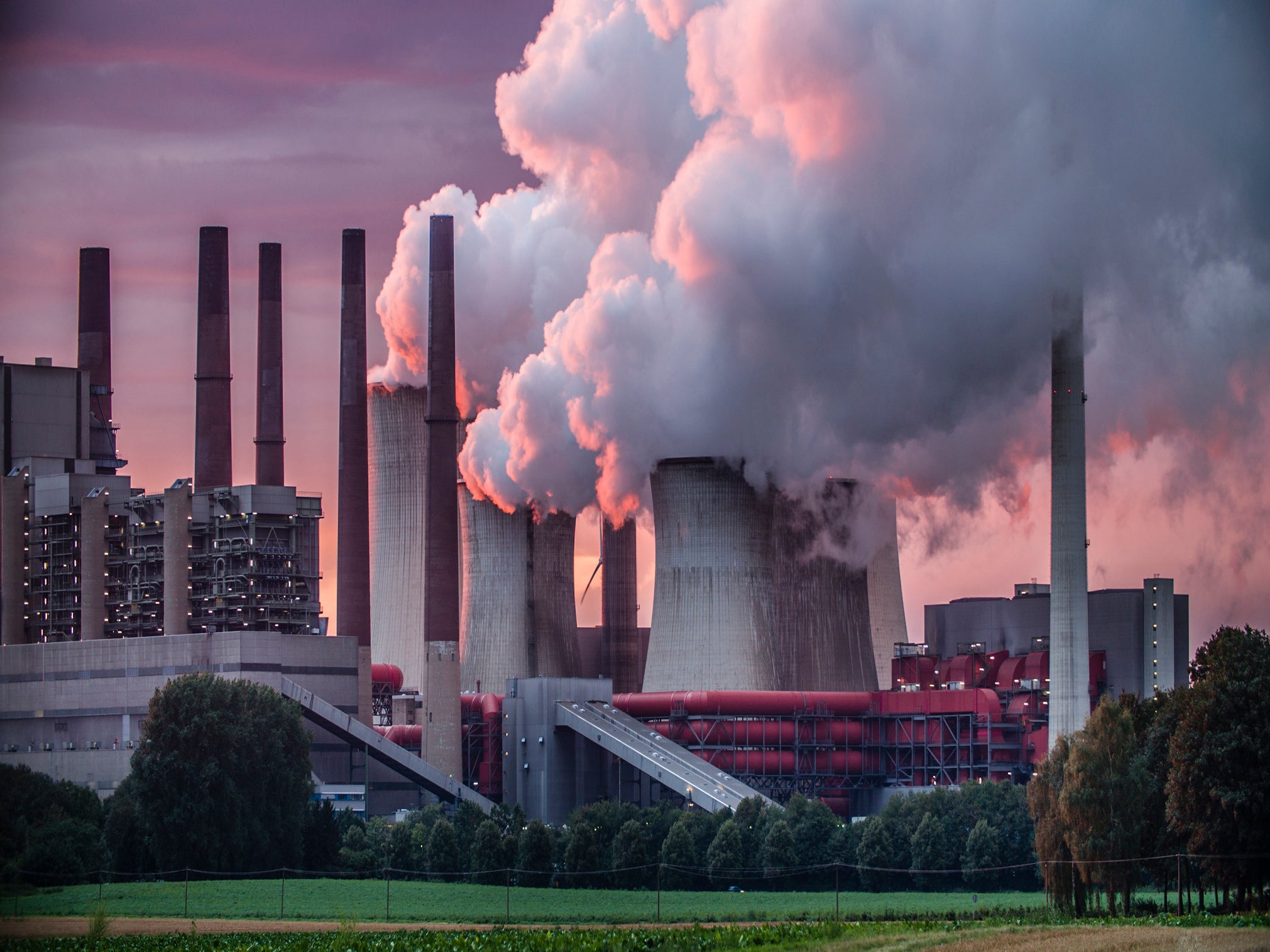New global warming study definitively proves climate deniers wrong
Study reinforces ‘abundant evidence that human actions are driving rapid changes to the climate of our home planet’

Your support helps us to tell the story
From reproductive rights to climate change to Big Tech, The Independent is on the ground when the story is developing. Whether it's investigating the financials of Elon Musk's pro-Trump PAC or producing our latest documentary, 'The A Word', which shines a light on the American women fighting for reproductive rights, we know how important it is to parse out the facts from the messaging.
At such a critical moment in US history, we need reporters on the ground. Your donation allows us to keep sending journalists to speak to both sides of the story.
The Independent is trusted by Americans across the entire political spectrum. And unlike many other quality news outlets, we choose not to lock Americans out of our reporting and analysis with paywalls. We believe quality journalism should be available to everyone, paid for by those who can afford it.
Your support makes all the difference.Climate change “deniers” who claim the rapid temperature rise experienced by the world is part of a natural cycle have been proven wrong by a new study, experts said after it revealed that global warming is happening at an “unprecedented” scale that far exceeds temperature fluctuations during the last two millennia.
Warming in the 20th century, seen over 98 per cent of the world, is in “stark contrast” to previous warm and cool periods such as the “Little Ice Age” when frost fairs were famously held on a frozen Thames, according to the findings in published in the journal Nature.
These occurred on a regional basis and others were seen in different parts of the world.
Researchers examined climate changes over the past 2,000 years which were thought to have been global in nature, such as the medieval warm period from 800 to 1200 AD and the Little Ice Age between 1300 and 1850.
It found that warmer and cooler periods before the Industrial Revolution, when human activity started to put out large amounts of greenhouse gas emissions from burning fossil fuels, were not “globally coherent”.
During the Little Ice Age for example, the coldest temperatures were seen during the 15th century in the central and eastern Pacific Ocean, during the 17th century in north-western Europe and south-eastern North America, and during the mid-19th century over other regions.
The researchers also said the previous periods are in line with natural variability of the climate.
However, the rapid warming over the past 150 years is very different, with the warmest period of the past two millennia occurring during the 20th century for more than 98 per cent of the globe.
“There’s this globally coherent warm period that’s very different than what we see in the past and that coherence cannot be explained by the natural variability of the climate,” said one of the study’s authors, Dr Nathan Steiger, of New York’s Columbia University. “In the past the large patterns we do see we find those are consistent with natural variability but that’s not the case with the current period.”
He added: “When you go back in the past these are really regional phenomena, there’s cold periods in Europe or the central Pacific, but they are not global, whereas the contemporary warm period really stands out. We find 98 per cent of the globe has this coherent warming during the contemporary warming period after the Industrial Revolution. That very much stands out and contrasts with the climate variability that has happened before in the past 2,000 years.”
Earlier this year a YouGov-Cambridge Globalism Poll found that 13 per cent of Americans agreed with the statement that human activity is “not responsible at all” for climate change.
Professor Mark Maslin, from University College London, (UCL) who was not involved in the research, said: “Over the last 2,000 years the only time the global climate has change synchronically has been in the last 150 years when over 98 per cent of the surface of the planet has warmed.
“This paper should finally stop climate change deniers claiming that the recent observed coherent global warming is part of a natural climate cycle. This paper shows the truly stark difference between regional and localised changes in climate of the past and the truly global effect of anthropogenic greenhouse emissions.”
His colleague, Professor Simon Lewis from UCL, said the study reinforced “the abundant evidence that human actions are driving rapid changes to the climate of our home planet”.
He added: “With new robust analyses and new and painstakingly collated data, the last few decades are again shown to stand out: it is warming everywhere. As I sit in a sweltering heatwave in London, the big question remains: are people going to force governments and businesses to take swift action to drive down greenhouse gas emissions to zero to stabilise the climate?”
Additional reporting by Press Association
Join our commenting forum
Join thought-provoking conversations, follow other Independent readers and see their replies
Comments